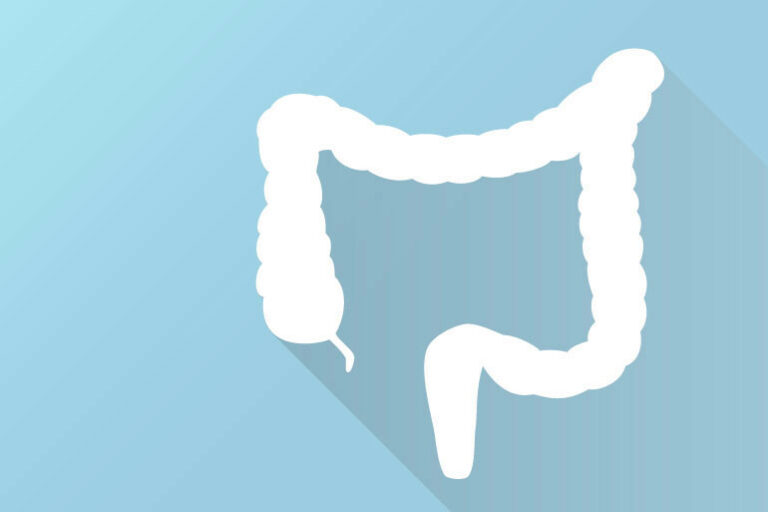Authored by Kinanu, Grace Safari
Colorectal cancer (CRC) is the fourth leading cause of death and third most commonly diagnosed cancer around the globe. Although diet plays an essential role in the development of colorectal cancer, there is little information on the role of diet in the rising CRC cases observed in Meru. The study sought to determine whether there is a connection between dietary patterns and colorectal cancer etiology in Meru County. The research was a retrospective case control study design involving 25 CRC patients and 50 CRC undiagnosed participants as controls. All stable CRC patients receiving treatment in the three cancer treatment and palliative care centers in Meru County between April and June 2017 were included in the study.
Each CRC patient was identified and matched with two persons from the general population according to similarity by sex, date of birth, and place of residence. A food frequency questionnaire was used to collect data which was then averaged to daily consumptions. The data was analyzed using t-test, Chi-square and Odds Ratio. The study revealed that dietary patterns of Meru County residents include moderate intake of fruits (2.5 servings), vegetables (4.0 servings) , and starch staples (9.2 servings), low intake of pulses (1.5) , white meat (1.2), milk and its products(1.3) , and nuts and seeds (0.3) ,and high intake of red meat (5.1 ) servings for daily pattern intakes with no significant statistical difference between dietary patterns of CRC and non CRC persons (p- values > 0.05). No statistical association was established between dietary patterns of red meat and risk of developing CRC (p- values > 0.05) on chi-square test and Odds ratio (within the 95% CI). Our study therefore indicates that, there is no conclusive evidence associating dietary patterns and colorectal cancer etiology and incidences in residents of Meru County.
This research recommends that other causes of cancer be explored so as to establish evidence based conclusions on the main causes of colorectal cancer in Meru County.

